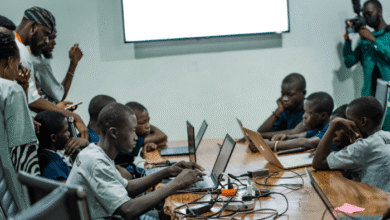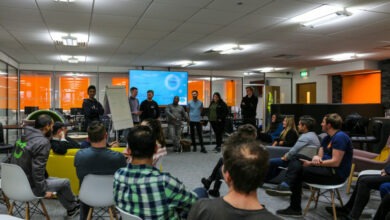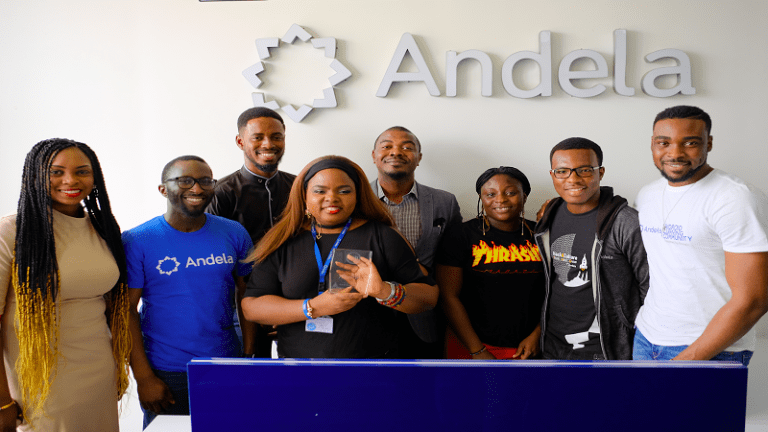Tech Consumer Trends: Gen Z’s Learning Preferences in Tech
I vividly remember the days of copying notes off the board, half of my attention focused on my cell phone and half on the chalkboard. Many members of Gen Z believe that education now transcends the classroom. Platforms like YouTube and Tik-Tok were already assisting us in learning tech skills in a matter of minutes before the pandemic.
My pal Lois, a mathematics undergraduate, learned about creating content online before graduating. So, how is Generation Z learning technology differently in Africa? We ought to check.
How Generation Z Is Transforming Learning
From 1997 to 2012, we were the generation that was born with the Internet in our palms. Some refer to us as Gen Z. According to our definition, we are a generation of learners. Extensive lectures and heavy textbooks? Now, that isn’t quite enough. We want our teachings to be brief, useful, and immediately applicable, as McKinsey states.
During the pandemic. Schools close. But there was still tuition to pay, and rent? Already paid. My college was unable to stay up. No online courses. Nothing. Just be quiet. My growth? Freezing. Friends at private colleges, meanwhile, kept learning from the comfort of their own homes by accessing Zoom lectures, turning in homework, and taking tests.
Something changed at that point, and we stopped waiting. Rather, we used the platforms that remained accessible: Coursera, TikTok, and YouTube. Our strategy is to find something to pass the time. However, we gained knowledge of content creation, online sales, and Figma design.
Millennial learning is no longer confined to a set schedule. It occurs whenever a screen fits and curiosity takes over, whether it’s during a ride, at midnight, or in between breaks. In actuality, we’re doing more than simply changing education. We are revising it.
How Gen Z Learns Technology in a Different Way
Two years ago, someone I knew sent me a link to a YouTube video that transformed my life. It served as an introduction to UI design. I opened Figma for the first time after five minutes. I kept going till I finished my first wireframe that evening. The problem with Gen Z is that we don’t wait to learn; instead, we figure out what we need and get started right away.
Learning no longer starts in a classroom for a lot of us. Our phones are where it all begins, whether it’s in a WhatsApp group while scrolling through TikTok or while watching a nighttime YouTube tutorial.
From Lagos to Abuja and Accra to Dublin, young Africans are teaching themselves everything from coding to video editing, not because school taught them to, but because the internet allows them to.
YouTube, Coursera, and Udemy have turned into more than just information distribution platforms; they are now our classrooms. The lectures are brief, the language is understandable, and the examples are authentic. Apps like Figma, CapCut, Canva, and Notion are more than simply resources; they serve as this generation’s notes, whiteboards, and labs.
Furthermore, new education businesses such as AltSchool Africa and Decagon are developing programs that are flexible, practical, and taught by people who have already worked in technology. I’ve seen friends progress from watching lectures to securing internships just by following defined, practical courses through these platforms.
One of the best traits? We’re not just learning for certifications; we’re building for ourselves. We have Behance portfolios, GitHub projects, and customized TikTok tutorials. We’re not waiting till we graduate to demonstrate to everyone what we’re capable of. We are already doing it.
What happens next?
Gen Z in Africa isn’t waiting for perfect systems; instead, they’re learning technology in ways that fit their lifestyle. From short video content to self-paced courses, this generation has adopted a flexible, hands-on style that prioritizes skills over theory.
We’re no longer just students in the classroom; we’re students of the internet, experience, and curiosity. If we want to prepare for the future of employment, school systems, technology platforms, and lawmakers must understand that Gen Z is already on the move.







